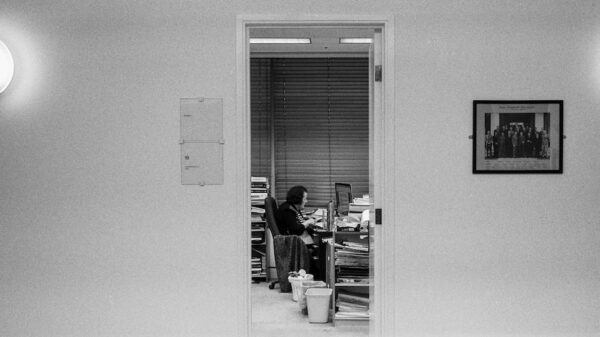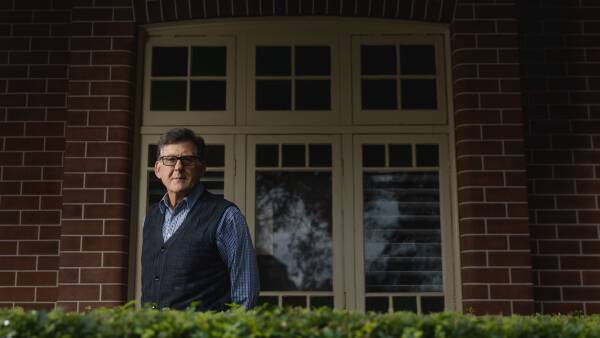The rise of microschools in Western Australia signals a growing trend among parents seeking alternatives to traditional education. These small learning environments, reminiscent of the historic one-room schoolhouse, are gaining traction as families prioritize smaller class sizes and a return to classical educational values.
Microschools typically consist of small groups of students, often ranging from five to fifteen individuals. This intimate setting fosters personalized instruction and allows for tailored learning experiences. The concept appeals to parents who feel that mainstream educational systems may not meet their children’s needs or align with their educational philosophies.
According to recent data from the Western Australian Department of Education, there has been a notable increase in the establishment of microschools over the past few years. In 2023, the number of these institutions grew by approximately 30%, reflecting a shift in parental preferences towards more individualized learning approaches. The trend is not confined to urban areas; even rural communities are witnessing the emergence of these innovative educational models.
Classical Values at the Forefront
Many microschools emphasize classical education, which focuses on foundational knowledge in subjects such as literature, history, and mathematics. This approach often incorporates time-tested teaching methods, aiming to cultivate critical thinking and a love for learning. Parents are drawn to this model, believing it provides a more enriching experience compared to conventional schooling.
One such microschool, located in Perth, has adopted this classical framework, attracting families who value a curriculum that includes the study of ancient languages and philosophical texts. The school’s founder, Emma Thompson, explains that her goal is to create an environment where students can engage deeply with material, encouraging a lifelong passion for knowledge.
While the movement is gaining momentum, challenges remain. Regulatory frameworks for microschools can vary significantly, making it essential for parents to navigate compliance and quality assurance. Furthermore, the costs associated with these educational models can be a barrier for some families, as many microschools operate as private institutions.
The Future of Education in WA
As the demand for microschools continues to grow, discussions around education reform in Western Australia have intensified. Policymakers are beginning to recognize the potential benefits of these small educational settings and are exploring ways to support their development. This shift may lead to increased funding opportunities or the establishment of guidelines that ensure quality education in microschools.
Parents remain hopeful that these changes will not only benefit their children but also inspire a broader transformation within the educational landscape of Western Australia. With a focus on personalized learning and classical values, the microschool movement represents a significant evolution in how education is perceived and delivered.
In conclusion, the surge of microschools in Western Australia highlights a critical shift in parental attitudes towards education. As families pursue smaller classes and classical values, these institutions could redefine educational standards and practices in the years to come.



































































